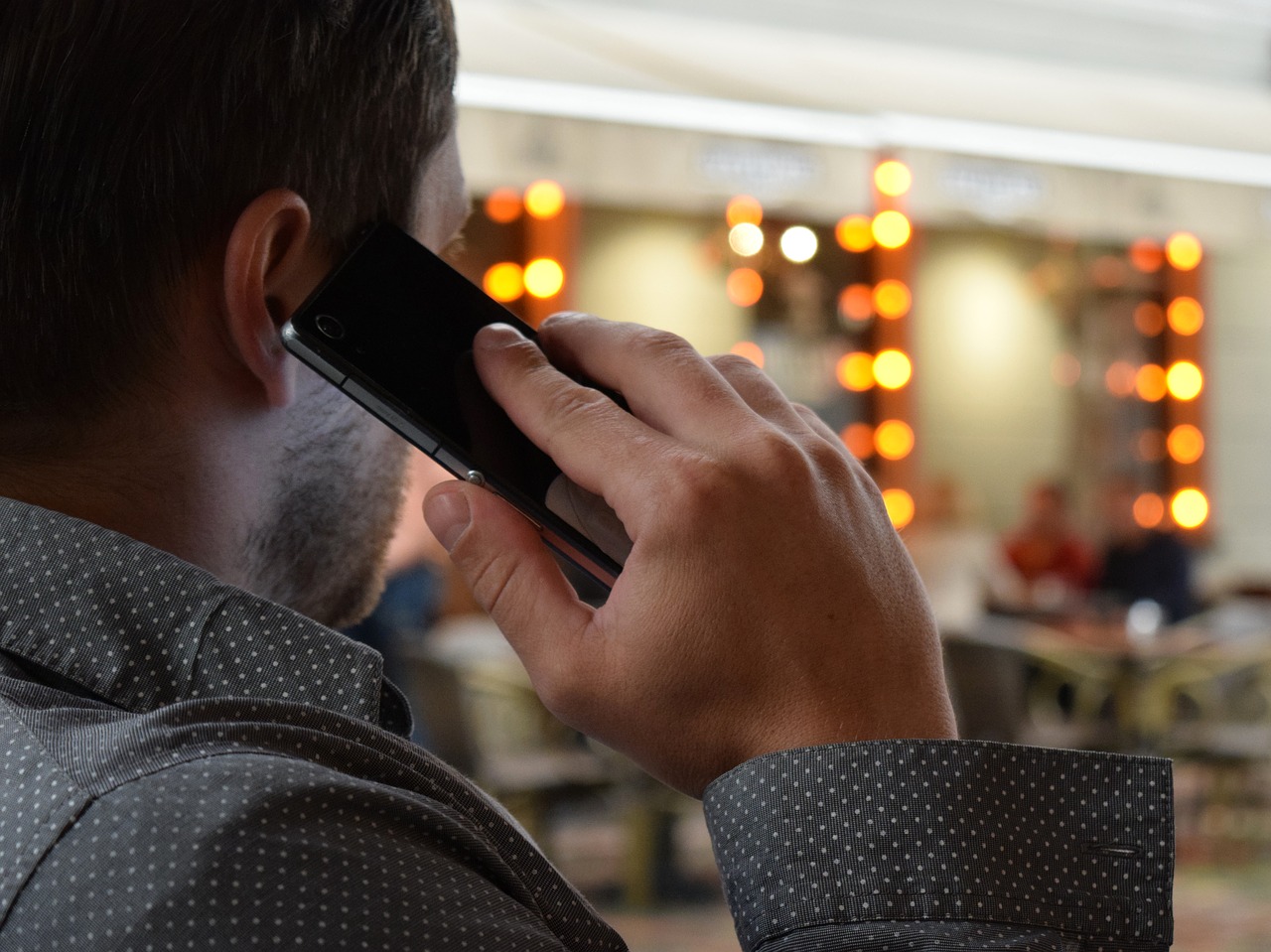Last Tuesday, one of the largest US telephone operators, Verizon, introduced a new product that is meant to protect the company’s subscribers from robotic advertising calls. The Call Filter application, which is available in both the free and paid versions, captures calls from numbers that users have previously complained about, and automatically transfers them to the answering machine. If the call comes from a number that was not previously included in such a list, but for one reason or another is considered by the operator as suspicious, the subscriber receives a notification of a suspicious call on the screen and can reset it. “We know that our customers are already fed up with the endless flow of robocalls,” said Verizon Vice President of Customer Relations Ronan Dunne. “Our team intends to continue to develop and improve mechanisms that would make life easier for subscribers. And this is another important step in this direction."
At the end of 2018, Americans received a total of about 48 billion robocalls. Since the beginning of this year, users of Verizon alone have already received 1.5 billion automatic advertising calls.
In the spring, other leading operators of the country, AT&T and Comcast, announced the start of their fight against robotic calls. The first law on protecting citizens from robotic calls was adopted in the United States back in 1991, and in 2003 the Federal Trade Commission (FTC) launched a national register of telephone subscribers who do not want commercial structures to call them with advertising offers.
However, these measures have not yet yielded the desired result. Moreover, as technology improves and becomes cheaper, automatic phoning becomes more accessible to spammers. In June, the FTC announced launch of a federal campaign against marketing robotic call companies. Regulators have reported prosecutions against dozens of specific individuals and companies that have been caught organizing mass automatic telephone calls to US citizens. In respect of some of them, measures have already been taken in the form of fines: from several thousand dollars for individuals to several million for legal entities.
Robocalls have become such a hot topic in the US that on August 22, 12 telephone companies entered into a cooperation agreement with prosecutors in all 50 states of the country. As part of the agreement, telephone companies pledged to promptly report about information on detected facts of mass automatic dialing, including information about location of such a call and names of companies that are suspected of this.
source: techcrunch.com
At the end of 2018, Americans received a total of about 48 billion robocalls. Since the beginning of this year, users of Verizon alone have already received 1.5 billion automatic advertising calls.
In the spring, other leading operators of the country, AT&T and Comcast, announced the start of their fight against robotic calls. The first law on protecting citizens from robotic calls was adopted in the United States back in 1991, and in 2003 the Federal Trade Commission (FTC) launched a national register of telephone subscribers who do not want commercial structures to call them with advertising offers.
However, these measures have not yet yielded the desired result. Moreover, as technology improves and becomes cheaper, automatic phoning becomes more accessible to spammers. In June, the FTC announced launch of a federal campaign against marketing robotic call companies. Regulators have reported prosecutions against dozens of specific individuals and companies that have been caught organizing mass automatic telephone calls to US citizens. In respect of some of them, measures have already been taken in the form of fines: from several thousand dollars for individuals to several million for legal entities.
Robocalls have become such a hot topic in the US that on August 22, 12 telephone companies entered into a cooperation agreement with prosecutors in all 50 states of the country. As part of the agreement, telephone companies pledged to promptly report about information on detected facts of mass automatic dialing, including information about location of such a call and names of companies that are suspected of this.
source: techcrunch.com





